As part of my research in the project „P/Reenacting Emotions. Feeling Futures in the Performing Arts,“ I had the opportunity to attend the entire program of the 19th edition of the TransAmériques Festival. The following text provides insight into my experiences on site in the form of a festival report. A human body and the … weiterlesen
Deep Breaths
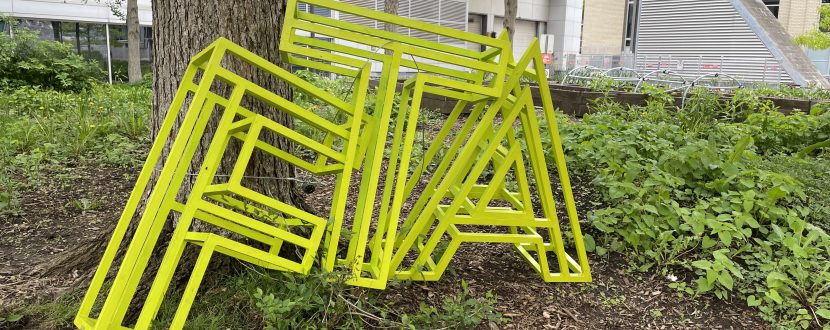



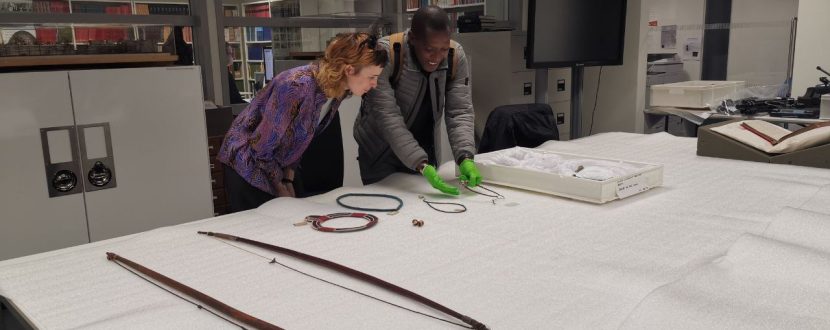

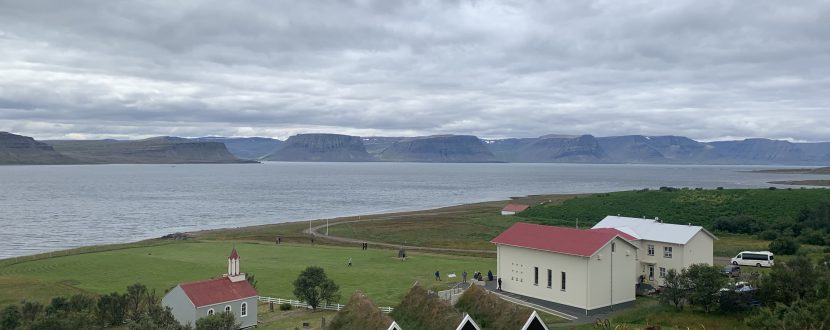
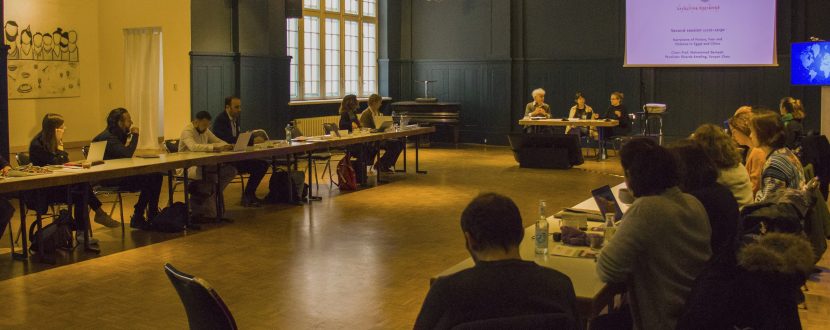
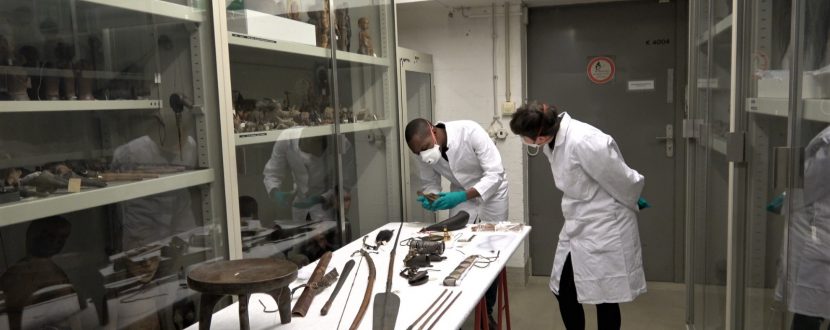
 ältere Posts
ältere Posts